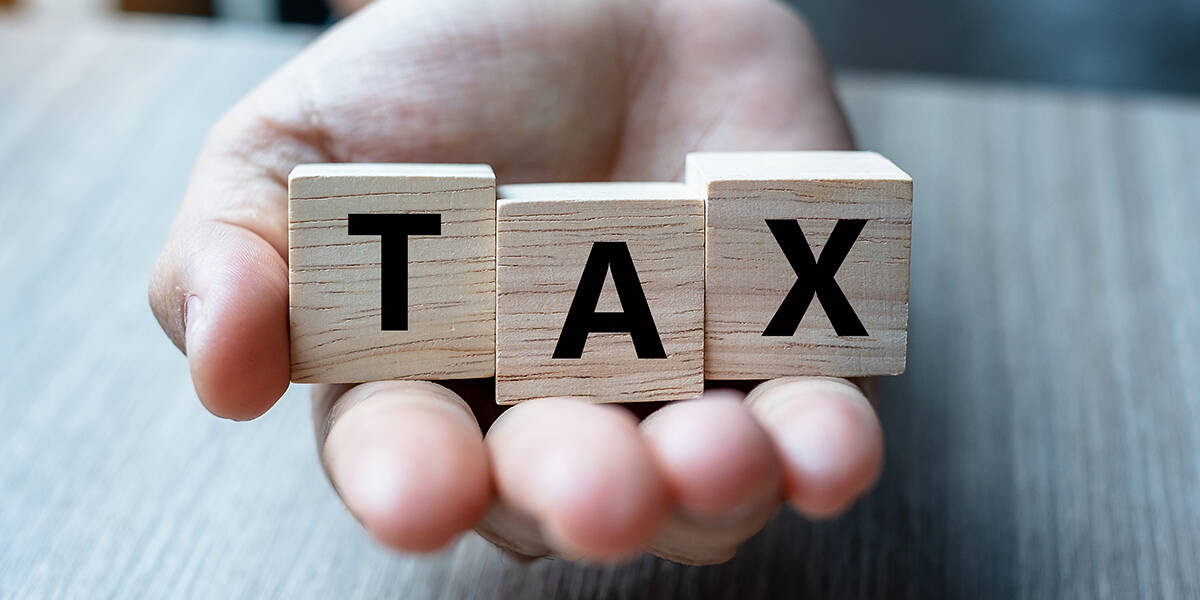

Running a business is challenging. As a business owner, you must be on top of whatever is happening inside your establishments, especially your finances. Whether or not you have relevant experience, your financial statements must be accurate and comply with regulatory standards. But it’s easier said than done. Costly mistakes happen all the time. This piece will guide you on the common errors in Hong Kong private company financial statements.
What is a Hong Kong Private Company Financial Statements?
A Hong Kong Private Company Financial Statements is a financial report from a private company registered in Hong Kong. It summarises the company’s financial performance, position, and cash flows during a specific period, typically annually. The financial statement is prepared following the Hong Kong Financial Reporting Standards (HKFRS) and generally accepted accounting principles.
The Hong Kong Private Company Financial Statements typically consists of the following key components:
- Balance Sheet also referred to as the Statement of Financial Position
- Income Statement also referred to as the Statement of Profit and Loss
- Statement of Changes in Equity
- Cash Flow Statement
- Notes to Financial Statements
It’s important to note that private companies in Hong Kong have certain exemptions from disclosure requirements compared to public companies. These exemptions allow private companies to disclose less detailed financial information in their financial statements, providing flexibility and confidentiality in certain areas. However, private companies must comply with the basic accounting principles and standards when preparing their financial statements.
Private companies in Hong Kong should engage professional accountants or financial advisors with expertise in local regulations to ensure accurate and compliant financial reporting. Hiring this service would reduce costly errors to the barest minimum.
What are the Requirements for Private Financial Statements in Hong Kong?
In Hong Kong, private companies must prepare financial statements following the Hong Kong Financial Reporting Standards (HKFRS) and the Companies Ordinance. The specific requirements for private company financial statements in Hong Kong include the following:
Accounting Standards
Private companies must comply with the accounting standards issued by the Hong Kong Institute of Certified Public Accountants (HKICPA). The HKFRS sets out the accounting principles, concepts, and rules that private companies must follow when preparing their financial statements.
Financial Statements Format
Private companies are required to prepare the following financial statements:
- Balance Sheet (Statement of Financial Position): This statement shows the company’s assets, liabilities, and shareholder’s equity at a specific time.
- Income Statement (Statement of Comprehensive Income): This statement presents the company’s revenues, expenses, gains, and losses over a specific period.
- Statement of Changes in Equity: This statement illustrates the changes in the company’s shareholders’ equity over the reporting period.
- Cash Flow Statement: This statement shows the inflows and outflows of cash and cash equivalents during the reporting period.
Disclosure Requirements
Private companies must disclose relevant and reliable information in their financial statements to ensure transparency and clarity. The financial statements should include sufficient detail and explanations to help users understand the company’s financial position, performance, and cash flows.
Consistency and Comparability
Private companies must maintain consistency in their accounting policies and practices from one reporting period to another. This allows for comparability of financial information over time and facilitates analysis and decision-making.
Auditing and Reporting
Private companies may be required to have their financial statements audited by a Certified Public Accountant (CPA) unless they meet specific exemptions. Even if not audited, private companies must ensure that their financial statements are accurate and prepared following accounting standards.
Directors’ Responsibilities
The directors of private companies are legally obligated to ensure that the financial statements are prepared in compliance with the accounting standards and provide an accurate and fair view of the company’s financial position and performance. Directors are also responsible for ensuring appropriate internal controls and record-keeping systems are in place.
Private companies in Hong Kong need to engage qualified accountants or financial professionals with knowledge of local accounting regulations to ensure compliance with the requirements for financial statements. Non-compliance with financial reporting obligations can lead to penalties and legal consequences.
How Can We Help
Handling a company’s financial statements is tough. What’s more? There’s no room for mistakes. A simple error could result in a hefty sanction. That’s why business owners need all the help they can get. When in doubt, it’s a great idea to hire a service provider to handle your financial statements.
Premia TNC is a top-rated business consultancy firm. It’s our job to partner with business enterprises and simplify their operations. Our experience is vast, and the staff is highly trained. We offer a wide range of services ranging from company incorporation and taxation services to accounting services. We believe in creating custom solutions for our clients. Our experts will listen to you and recommend feedback-based alternatives.
FAQs
What are some common mistakes to avoid when preparing financial statements for a private company in Hong Kong?
Some common mistakes to avoid include incorrect application of accounting standards or failure to comply with the Hong Kong Financial Reporting Standards (HKFRS), inaccurate recording of transactions or failure to classify and present financial information properly, lack of proper documentation and supporting evidence for financial transactions, etc.
What are the consequences of errors or inaccuracies in private company financial statements in Hong Kong?
Errors or inaccuracies in financial statements can have significant consequences, such as misleading stakeholders, including shareholders, potential investors, and creditors, and breaching legal and regulatory requirements, which can result in penalties, fines, or legal actions, damaging the company's reputation and credibility in the business community, etc.
Can I rely solely on accounting software for preparing my private company financial statements in Hong Kong?
While accounting software can be a helpful tool, it is essential to exercise caution and not rely solely on it. It is crucial to have a sound understanding of accounting principles and standards to correctly interpret and validate the financial information generated by the software.



premiatnc
View All BlogsRelated Posts
April 18, 2024
Initiating Maximum Returns with Hong Kong Tax Incentives
Hong Kong, renowned for its dynamic…
April 15, 2024
Trademark Registration In Hong Kong: What You Should Know
Trademark registration in Hong Kong…
April 15, 2024
Importance of Hong Kong Company Financial Statements: How to Prepare It Well
In the realm of business, Hong Kong…




